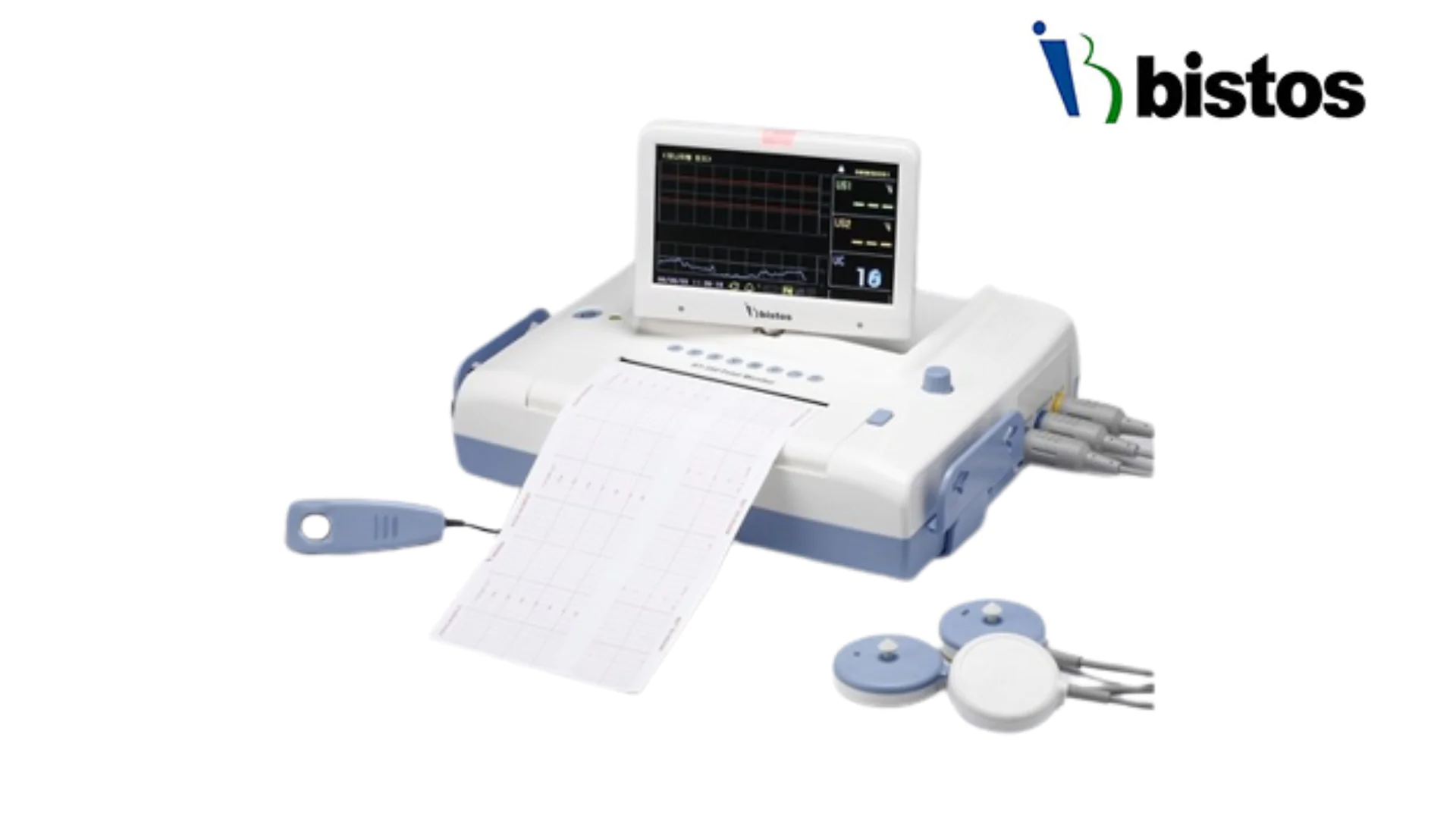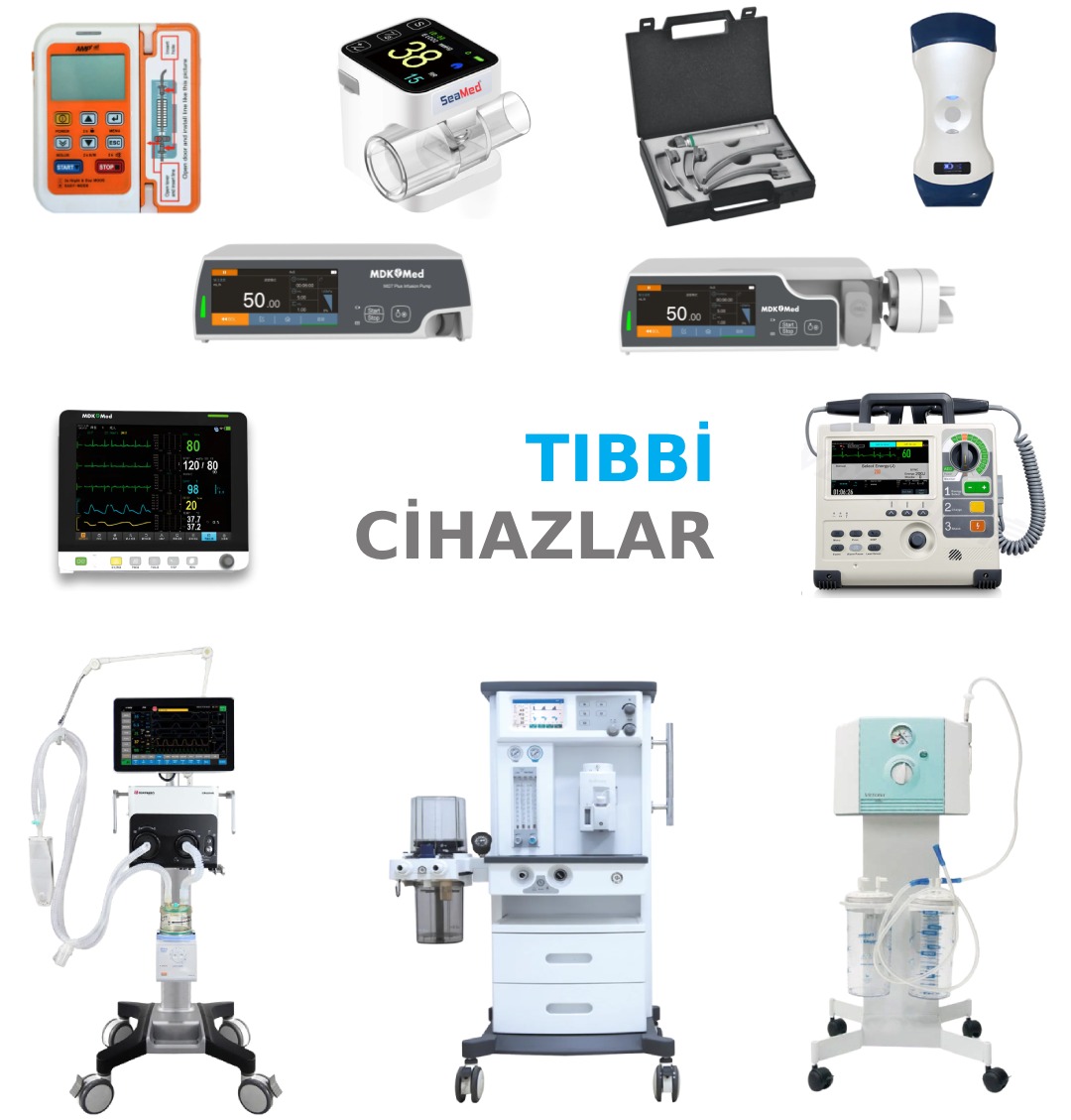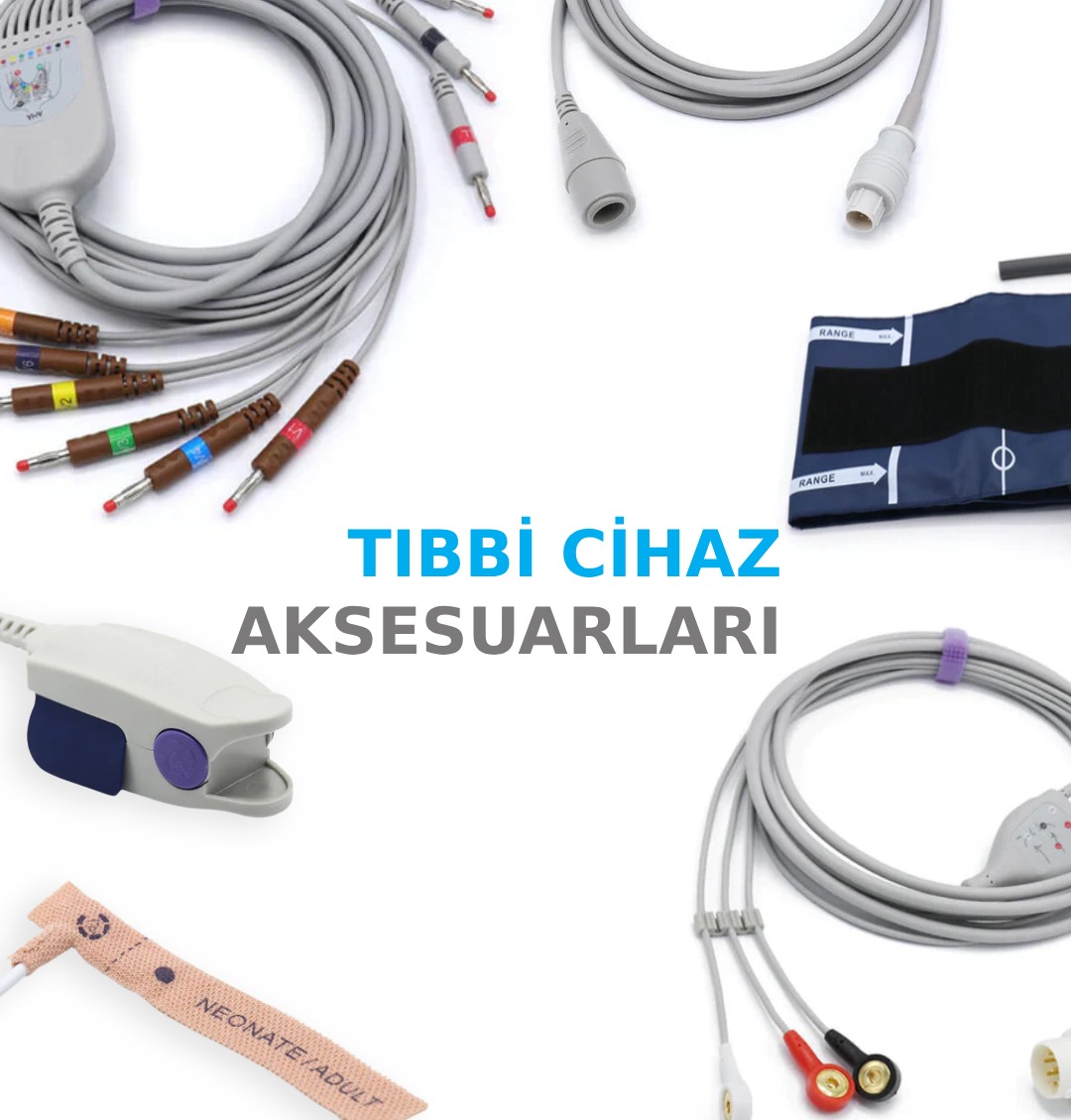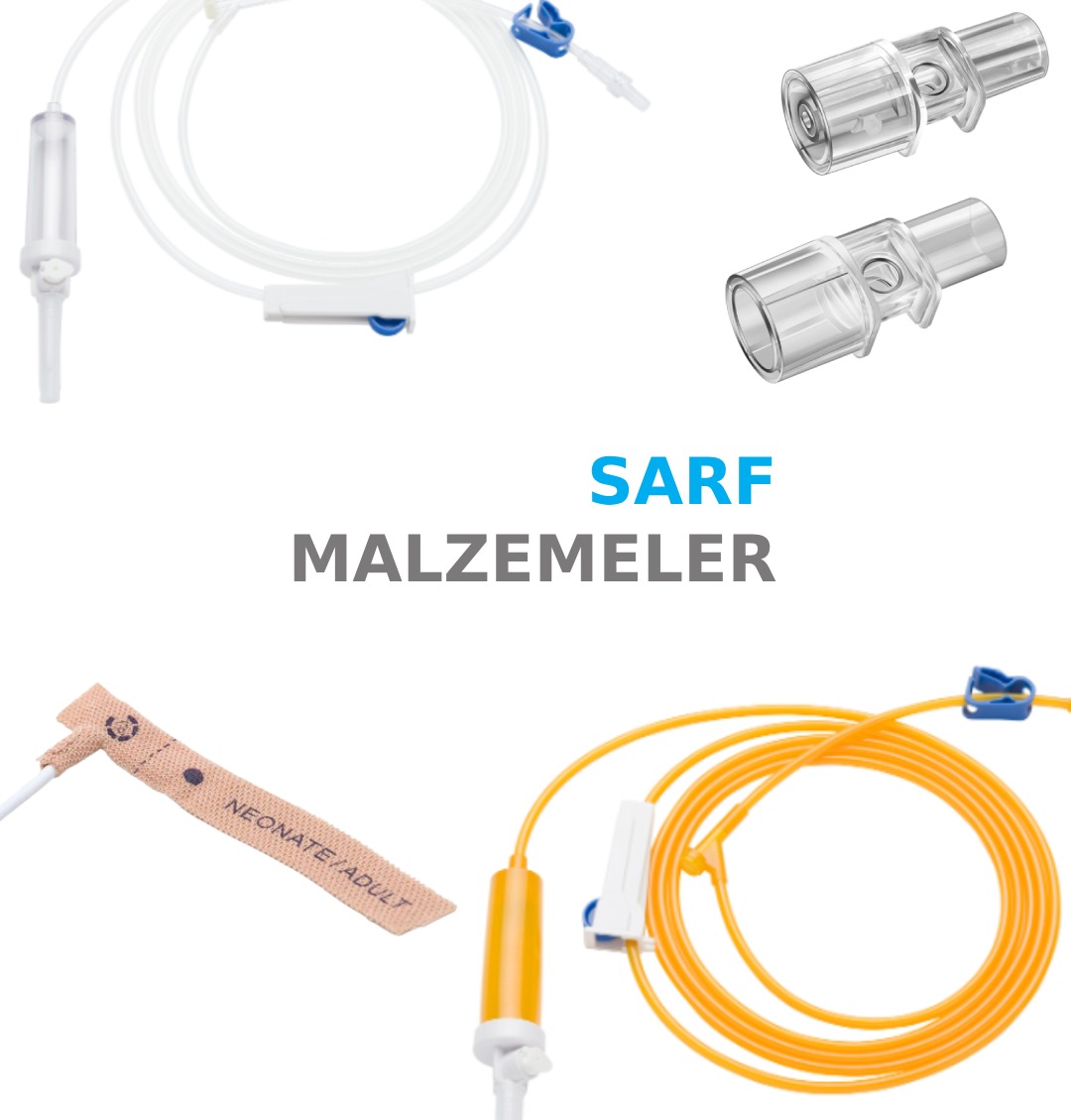
BISTOS BT-350 FETAL MONİTÖR
- With Color LCD Screen
- TOCO, FHR1, FHR2 FM, internal thermal printer configurations
- Audible and visual alarms
- Twin pregnancy follow-up
- Waterproof TOCO and Ultrasound probes
Fetal Monitors (Non-Stress Test - NST) are an important medical device used to monitor the baby's health during pregnancy. These monitors help determine whether the baby is doing well by evaluating the fetal heart rate and uterine contractions during pregnancy. Fetal Monitors are used for regular follow-up throughout the pregnancy, in high-risk pregnancies or in the presence of some complications.
The working principle of Fetal Monitors is quite simple. They consist of two main components: a heart rate monitor and a collection device that measures uterine contractions. A heart rate monitor uses ultrasound waves to detect the fetal heartbeat. These waves are applied to the mother's womb through a probe and detect the baby's heartbeat. The collection device uses a pressure sensor to measure uterine contractions or a belt to detect a rapid contraction. In this way, both the baby's heart rate and uterine contractions are monitored and evaluated simultaneously.
Here are some technical terms related to Fetal Monitors:
Basal Heart Rate: The baby's heart rate at rest. Normally it should be between 110-160 beats per minute.
Rapid Contraction: It is a condition in which uterine contractions occur more frequently and intensely than normal. Rapid contractions can reduce the fetus's oxygen intake and may be a sign of a problem.
Decelerations: These are the decreases seen in the heart rate graph recorded by fetal monitors. Decelerations may indicate that the fetus is under stress or has problems with oxygen intake.
The usage areas of Fetal Monitors are quite wide. They are used in routine prenatal checks, high-risk pregnancies, mothers who have experienced baby loss in the past, and in some other situations. They can also be used to monitor fetal health during birth.
NST is an important tool for assessing a baby's health and detecting potential problems early. A normal NST is characterized by regular heartbeats and appropriate responses. However, if abnormalities are detected as a result of NST, additional tests or interventions may be needed.
As a result, Fetal Monitors (NST) are an important tool for monitoring the health of the baby during pregnancy and detecting potential problems early. These devices assess whether the baby is doing well by monitoring the heart rate and uterine contractions. Fetal Monitors provide healthcare professionals with important information during the pregnancy follow-up and birth process and offer the opportunity to intervene when necessary.



